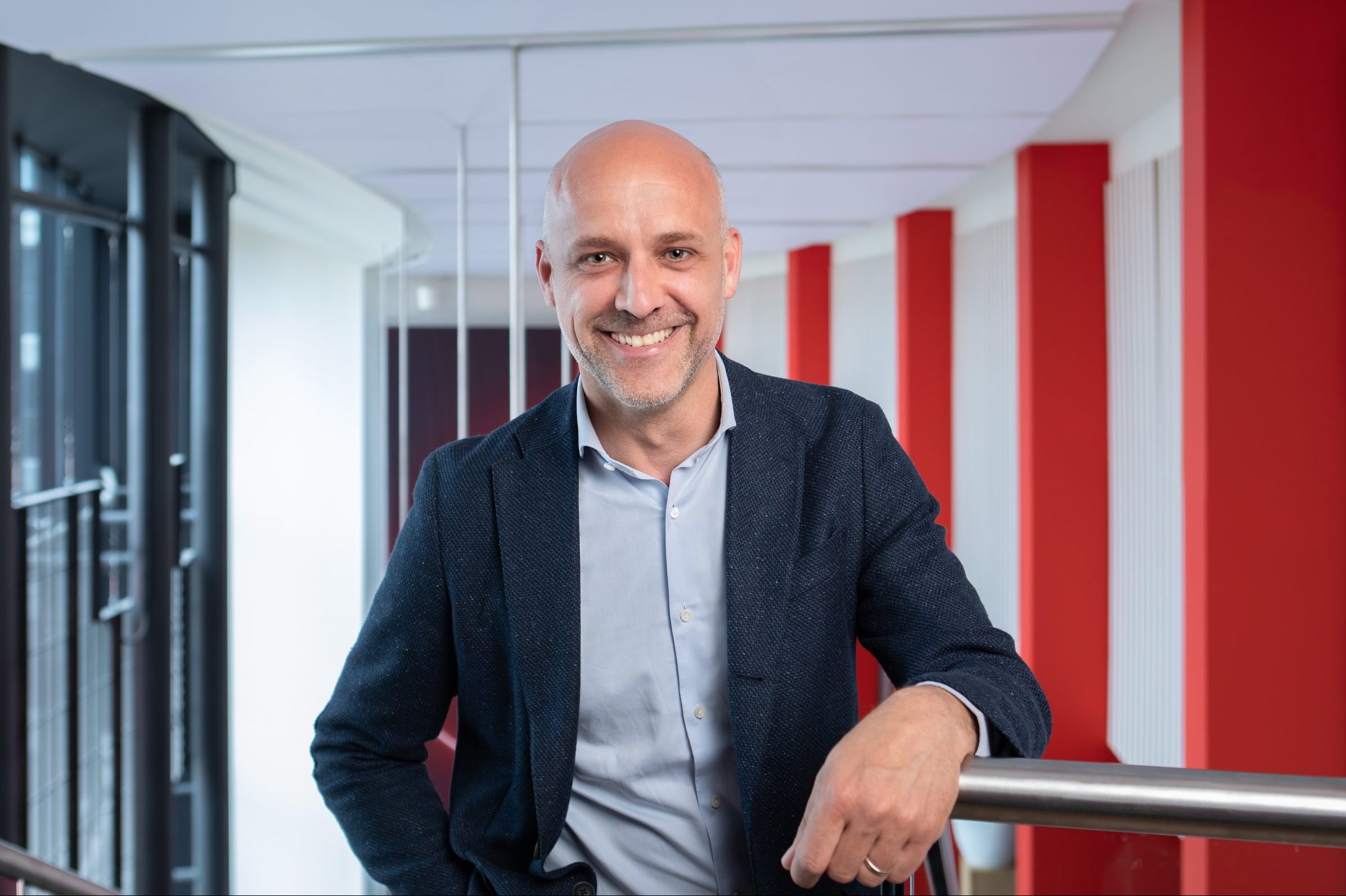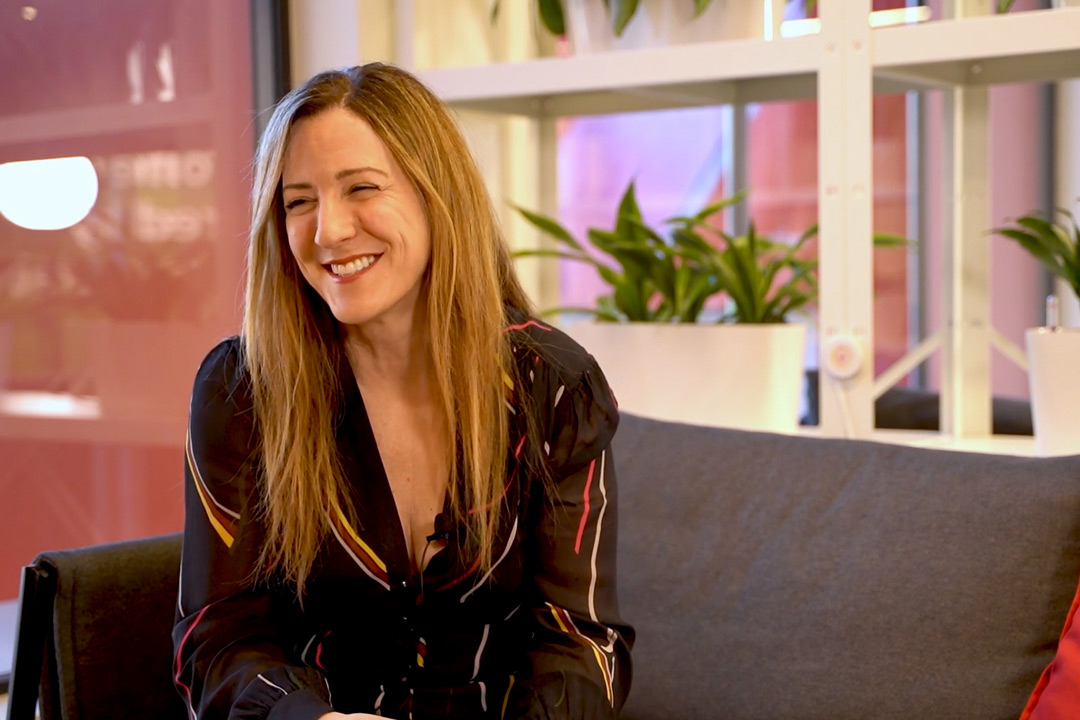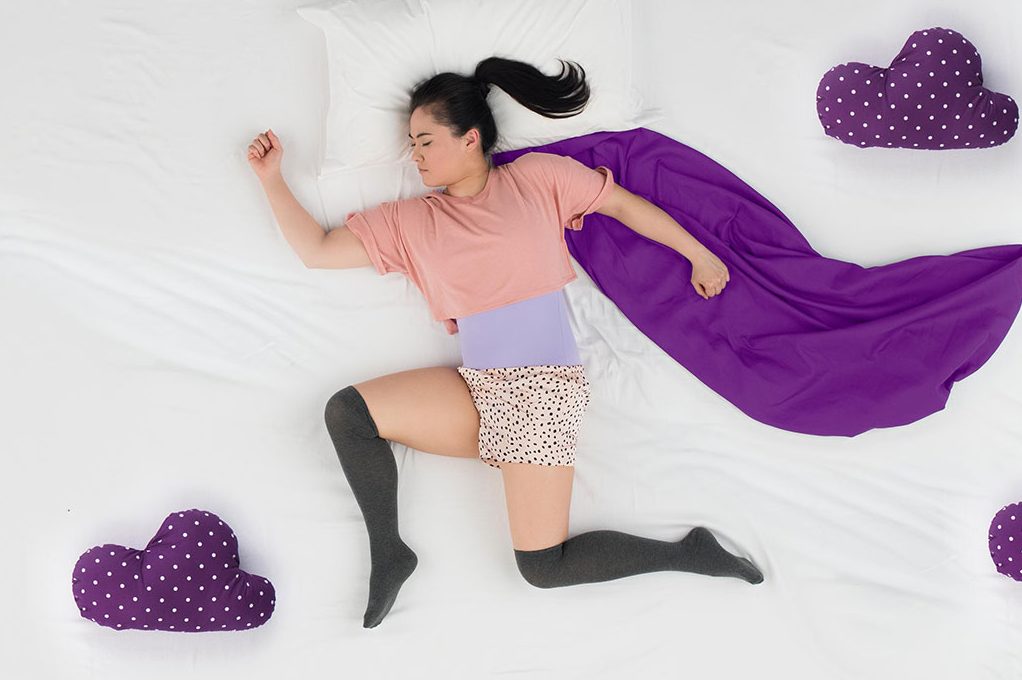
Helen Lamprell is General Counsel and Director of External Affairs at Vodafone UK.
It’s been a busy and successful year for the team behind Vodafone Foundation’s DreamLab – the ingenious crowdsourcing app that powers cancer research.
Dr Kirill Veselkov and Professor Michael Bronstein, based at Imperial College London, couldn’t be happier that their work is now being powered by the processing capability of 100,000 mobile devices.
Earlier this year, the team’s work was published in the highly acclaimed journal Nature. You can read that article – HyperFoods: Machine intelligent mapping of cancer-beating molecules in foods – for free on Nature’s website.
The study found that the power of DreamLab’s processing capability speeds up the identification of both cancer-beating molecules in food and new therapeutic uses of existing drugs. Relying totally on AI (artificial Intelligence), the software maps the interactions between molecules (proteins or DNA), and anything else in the cell like carbohydrates etc, and then looks for combinations that appear most like those already known as cancer cures.
Mathematically, molecular interactions are commonly represented as a graph, and the software uses graph-theory algorithms to simulate drug actions in the body based on known gene and protein networks. Professor Michael Bronstein
DreamLab uses the idle processing power of our mobile phones to figure out which foods contain the molecules most likely to help reduce cancer.
Dr Kirill Veselkov explains it in more detail:
Video courtesy of Reuters/CCTV2
The hugely successful project has now completed almost three of its five phases. Phases one to three aimed to identify existing drugs and foods that can be used in beating cancer. By splitting a huge computational task into smaller independent chunks, and distributing those over tens of thousands of idle smartphones, DreamLab has helped do this colossal task in a matter of months rather than years.
Phases four and five of the research at Imperial will look at links between specific food molecules and cancer genomic networks. The team knows that diet plays a crucial role in helping to prevent and mitigate the damage of many diseases, including cancer. They will explore new avenues of precision nutrition as potential add-on therapies to existing medical treatments – where the types of food we eat may ultimately help in the fight against cancer.
The need to undertake this kind of research is so essential, and the task taken on by the team at Imperial is so huge, it almost beggars belief that we can contribute so powerfully and in such an easy way.
Just download the app, either on Android or iOS, and let DreamLab do the rest. It’s free to download, and Vodafone has also free-rated the app so it won’t eat up our customer’s data allowance.
When the app has been installed, it runs only when phones are plugged into a charger. Users are able to set the app to start processing when the phone is fully charged, or to start processing immediately and so charging takes a little longer. If the phone gets too warm, then the app will stop. It couldn’t be safer or more simple.
Join 100,000 other Dreamers and help contribute to life-saving cancer research with the combined brute force of your phone’s idle processing power.
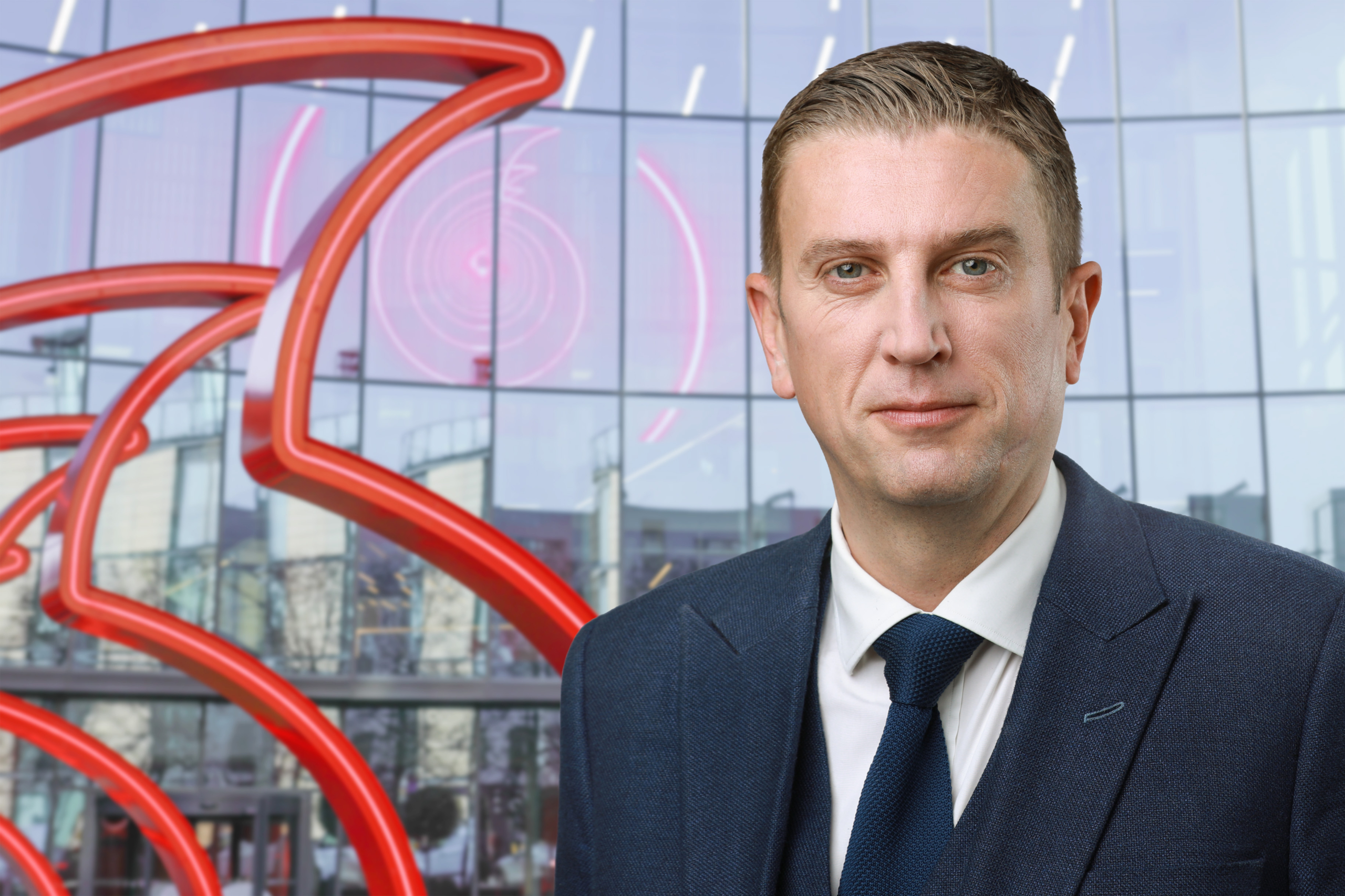

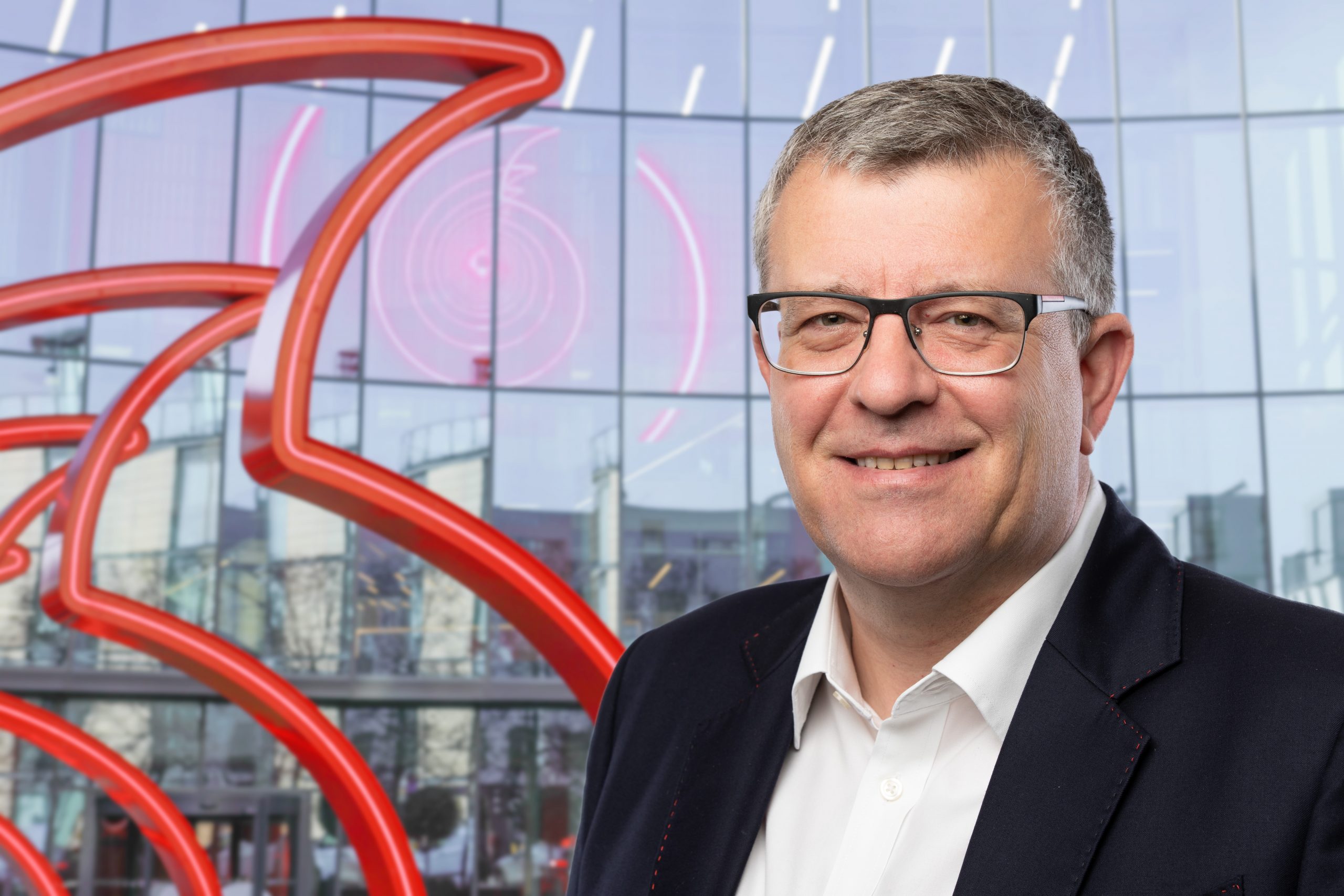

![Nicki-Lead_image[OPTIMISED]](https://www.vodafone.co.uk/newscentre/app/uploads/2023/10/Nicki-Lead_imageOPTIMISED.jpg)
![Coins of Great British sterling[Adobe Stock]](https://www.vodafone.co.uk/newscentre/app/uploads/2024/06/Coins-of-Great-British-sterlingAdobe-Stock.jpg)
